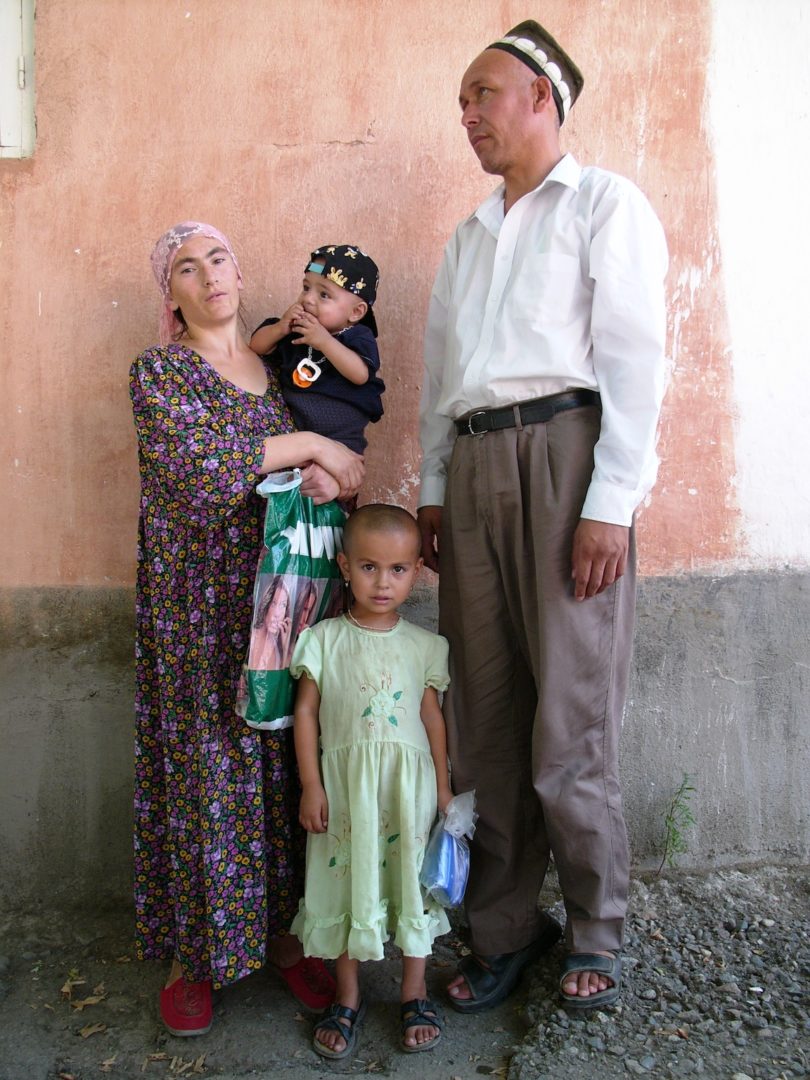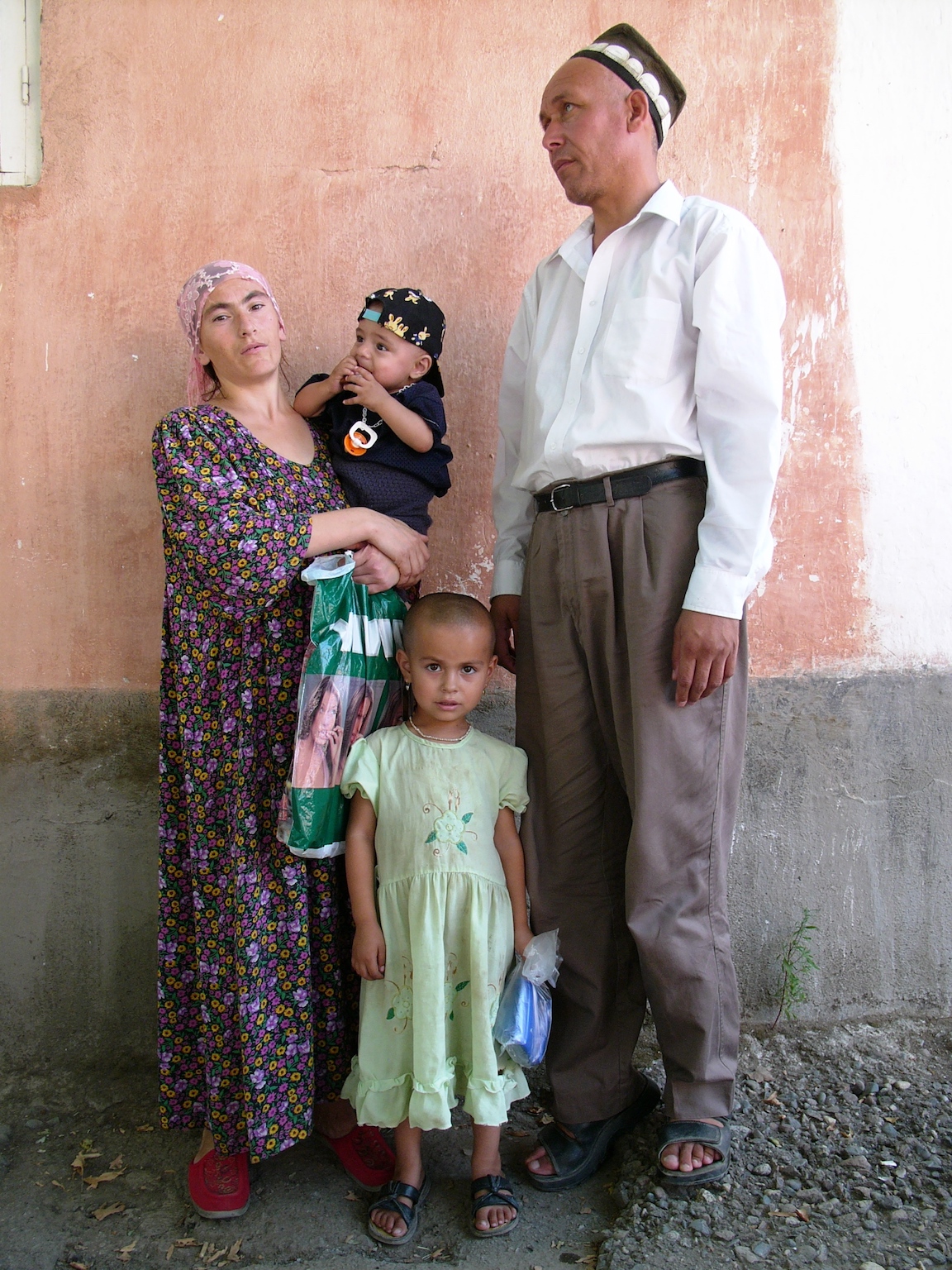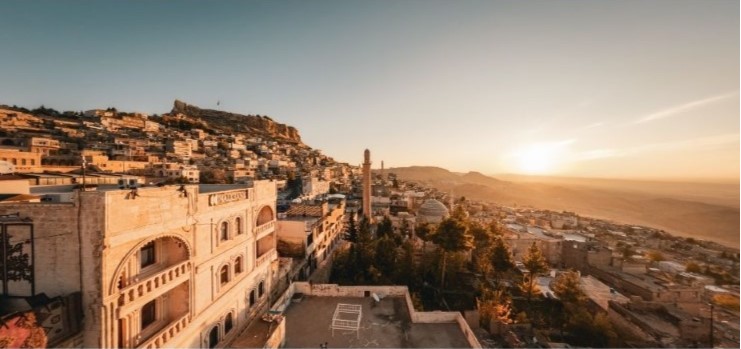The Wooden Bowl


Have you heard the expression “Boots on the Ground?” Well our Live Dead Missionaries are the boots on the Silk Road. Here we’d like to take a moment and allow one of them to share part of their life with you. Some names and details have been changed, but this is a true story from this colorful, vibrant, and sometimes surprising region and those who God has called to work here.
 All I needed was a wooden bowl. A bowl we use to serve a popular local dish. My local friend Farhana and I were preparing this dish in my home for a group of guests. I had one wooden dish of my own but needed a few more. Farhana knocked on neighbors’ doors to borrow the bowls we needed, something they often do here, sharing things between neighbors. She found all the bowls we needed and as she returned amid our busyness, she said, “Let’s not use this bowl. We will lay this one aside and tell them tomorrow we didn’t use it.” Strange, I thought.
All I needed was a wooden bowl. A bowl we use to serve a popular local dish. My local friend Farhana and I were preparing this dish in my home for a group of guests. I had one wooden dish of my own but needed a few more. Farhana knocked on neighbors’ doors to borrow the bowls we needed, something they often do here, sharing things between neighbors. She found all the bowls we needed and as she returned amid our busyness, she said, “Let’s not use this bowl. We will lay this one aside and tell them tomorrow we didn’t use it.” Strange, I thought.
We made a fabulous meal and ate from the bowls. All but one of them. During clean-up, Farhana told me the story of the bowl on the window sill. “The lady didn’t want us to borrow it. She said you’re a foreigner and foreigners are dirty. She didn’t want to get your sicknesses. I told her you clean your house more often than we do and that you use soap that even she can’t afford. She didn’t believe me. I told her to please keep her bowl, that we would borrow it from others, but then she insisted I take it. So I did. But when I took it, she told me that if anything was to happen to it, we would owe her the amount she paid for it.”
Every word she spoke, retelling what happened, went a bit deeper than the one before. This same lady watches me carefully to make sure I sweep and wash the cement in front of our gate. She has lied to me in an effort to get me to wash the front of my gate many times, just so that her street looks best. Many days, though, she is incredibly pleasant and her girls play with mine in the street. I had thought all along that she liked me.
The joy of being a hostess that night ended in heartache as I wondered, who else thought I was unclean? Who else said the same words about me? Are all these ladies who act like they love me really not interested in sharing a bowl?
I was up through the night with an aching heart. I had planned to visit a sweet neighbor friend the next day, but was it worth it? Really, what were we doing here if everyone thinks we’re unclean anyway, faking friendship with us.
Farhana arrived early the next morning. I told her how sad I felt. She shrugged it off and said, “Every time that she asks us to clean in front of the gate, we just won’t. And here, let me take the bowl back now. I will be sure to tell her that we didn’t use it.”
I realized right then I was about to walk a dangerous road, a place of second guessing my purpose here, a place of wondering who didn’t actually want friendship with me, a place of offense. And immediately, I stopped and told Farhana about the English phrase, “kill them with kindness.” I asked her if such a phrase existed in her language.
“No, not exactly,” she responded.
“What would it mean if we did that today? If we take back that bowl, what could we do that would surprise them, that would overwhelm them with kindness?”
Surprised, she said, “Fill it up.”
As if we both knew what to do, we put on our shoes, I grabbed some money, and we walked to the bazaar. We bought gifts. We filled that bowl up. Afterwards, we stood in my kitchen and prayed over the bowl and over our hearts, that we wouldn’t allow offense to creep in and that the bowl would be full of Jesus.
The neighbors were in fact overwhelmed by our kindness. And just as we thought we had finished being kind, I turned to my friend and handed her a broom while I picked up the hose. We washed the cement and my gate that day as an act of service, as an act of kindness, as a way of making sure we didn’t hold onto offense.
I hope every time my neighbors use their bowl, they remember what it looked like full. And we will keep washing the cement in front of our gate to serve my neighbor, the one who is hardest to serve.




